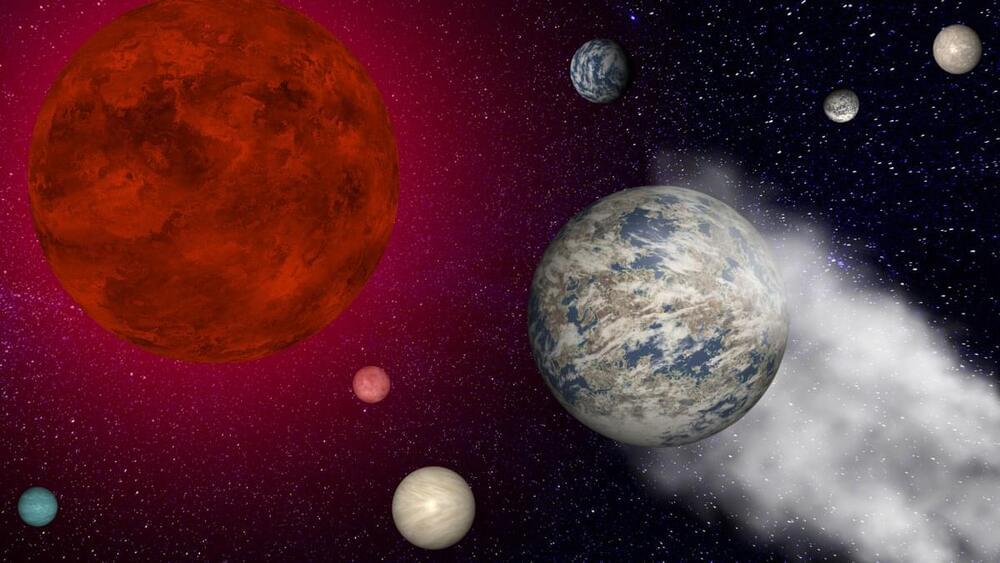Trappist-1e is the fourth planet from the red dwarf star at the heart of this fascinating planetary system of rocky worlds. Astronomers have previously discovered that Trappist-1b, the closest exoplanet to the star, seems to have already lost its atmosphere.
The team thinks voltage-driven Joule heating could also be impacting Trappist-1f and Trappist-1g, stripping them of their atmospheres as well, albeit to a lesser extent than they see happening with Trappist-1e. That’s because, at 0.038 and 0.04683 times the distance between Earth and the sun from their star respectively, these planets are moving slower through the red dwarf’s stellar winds than Trappist-1e is.
“Closer-in planets of Trappist-1 will have an even more extreme fate, and further out ones a bit milder,” Garraffo said. “I would imagine that all Trappist-1 planets are going to have a hard time holding on to any atmosphere.”
